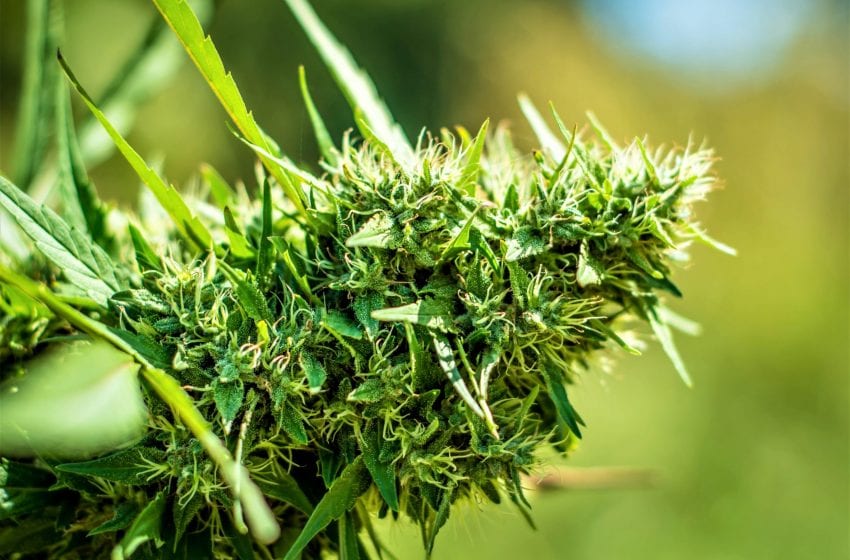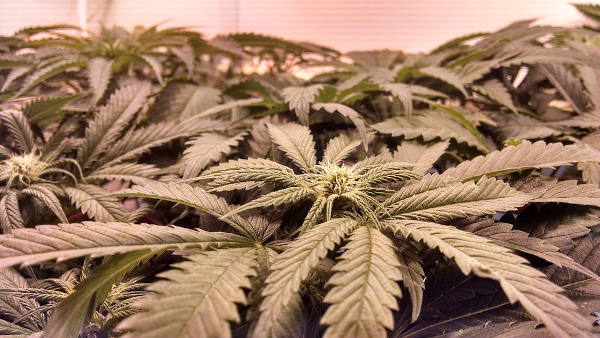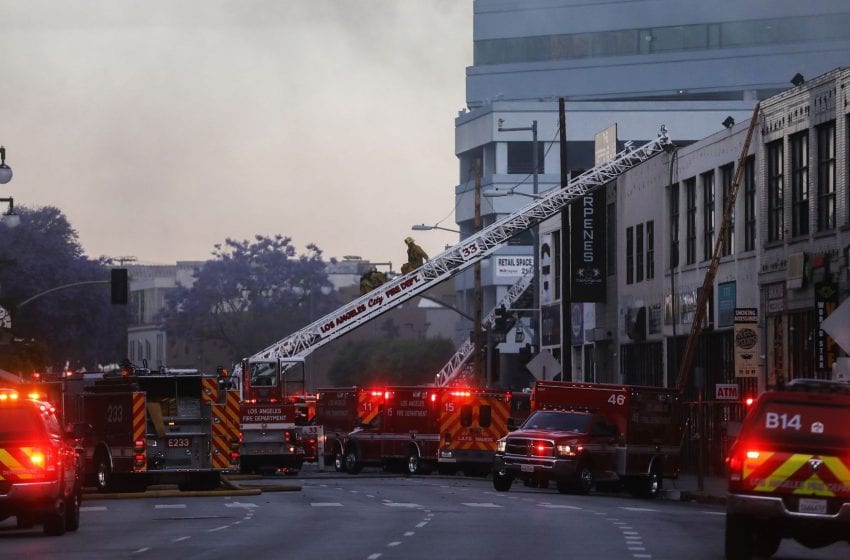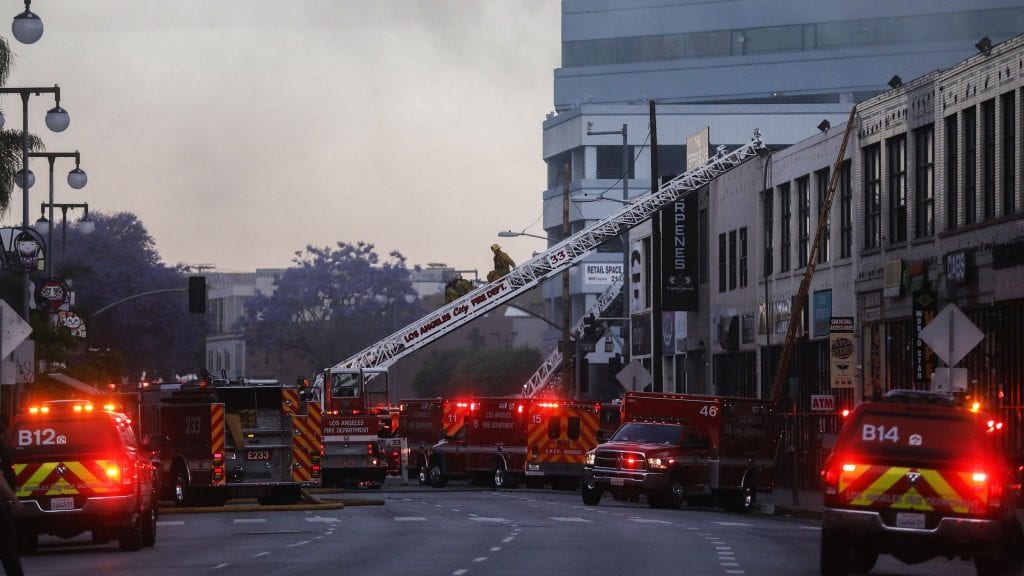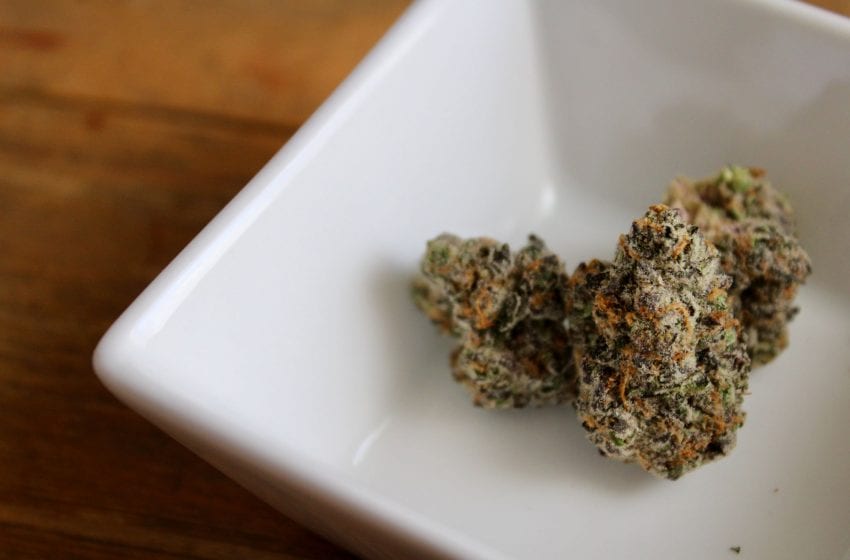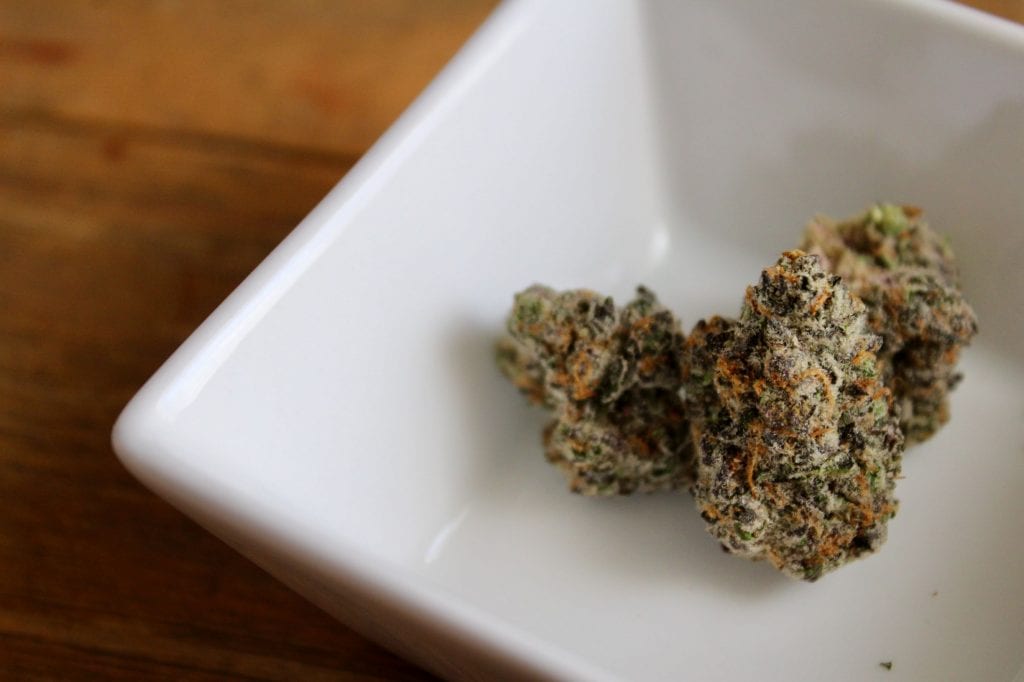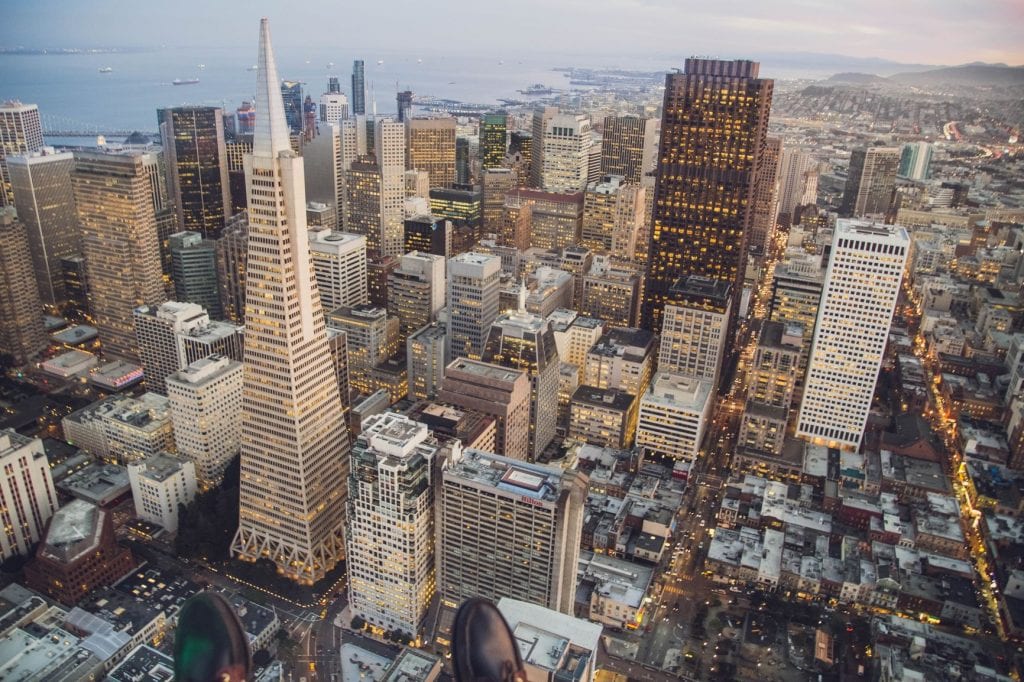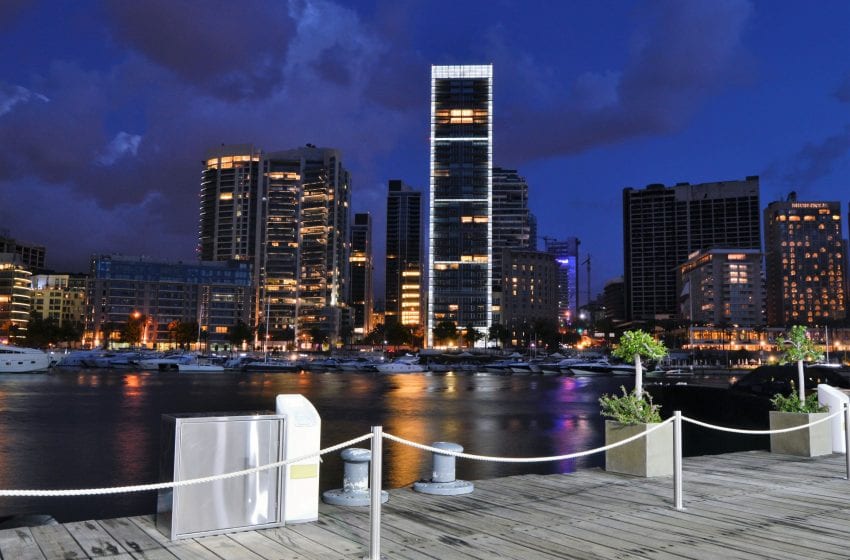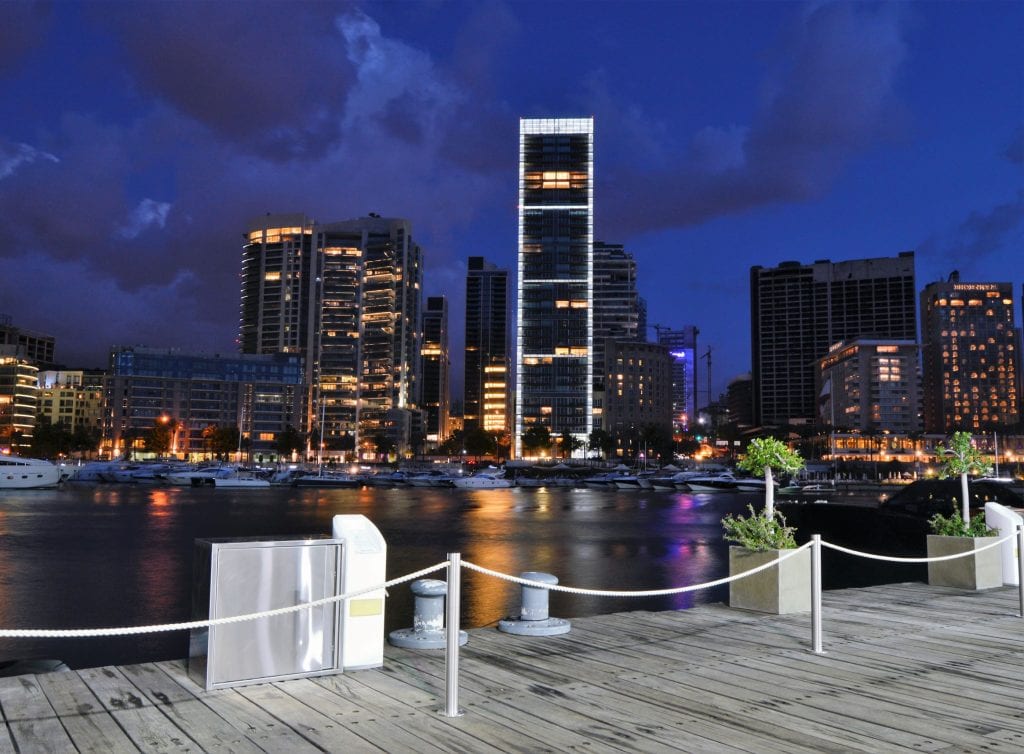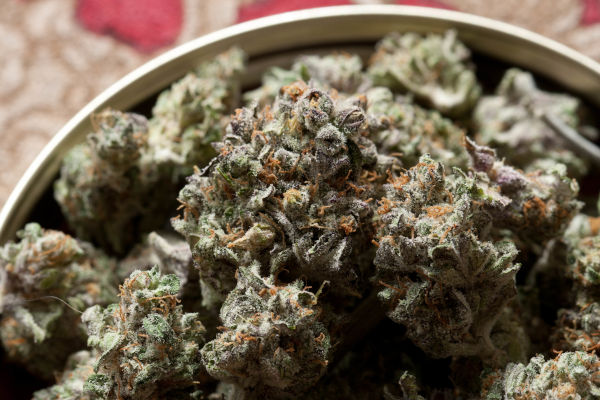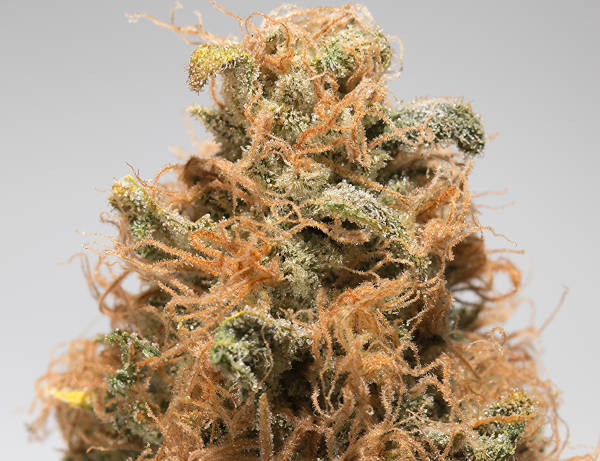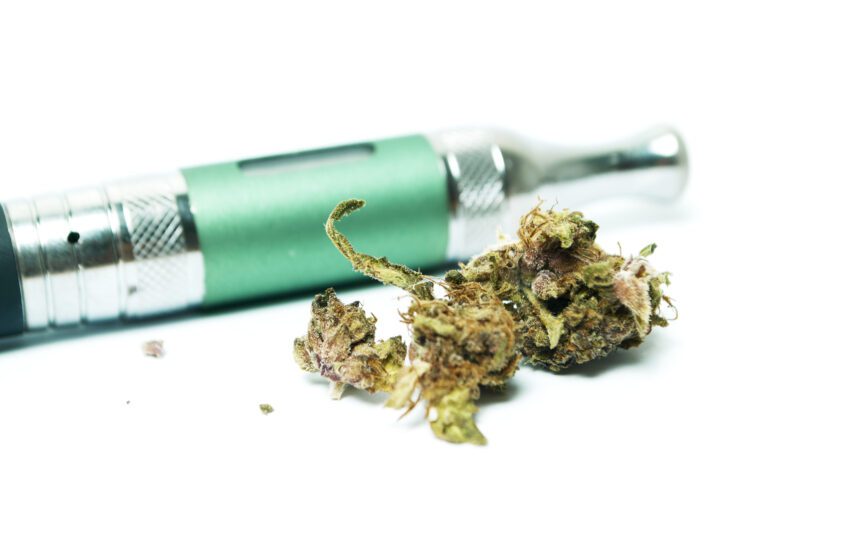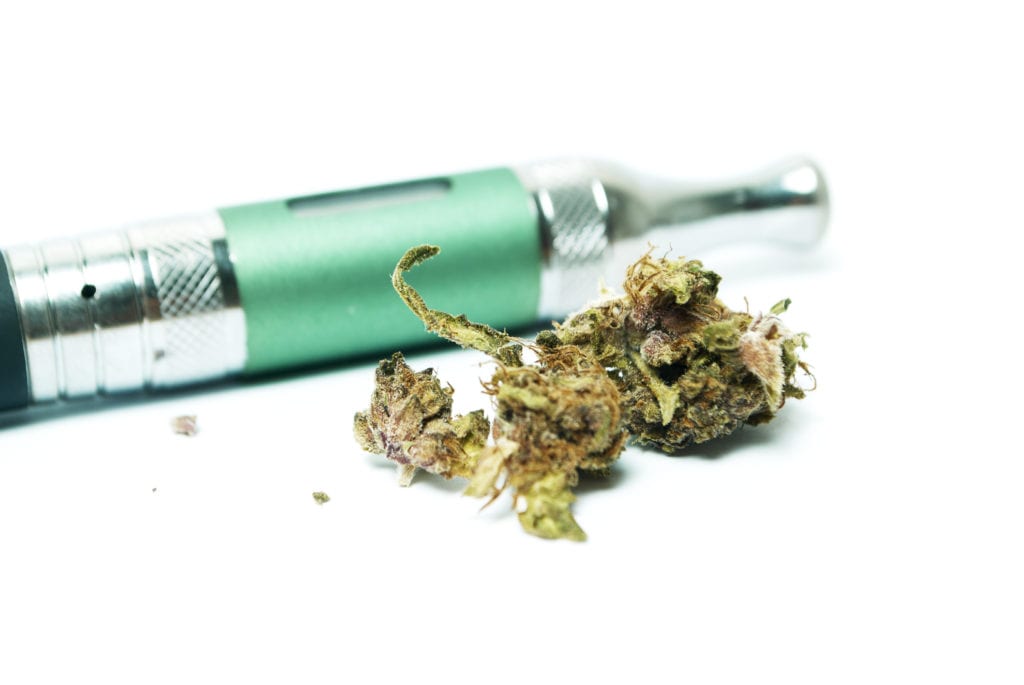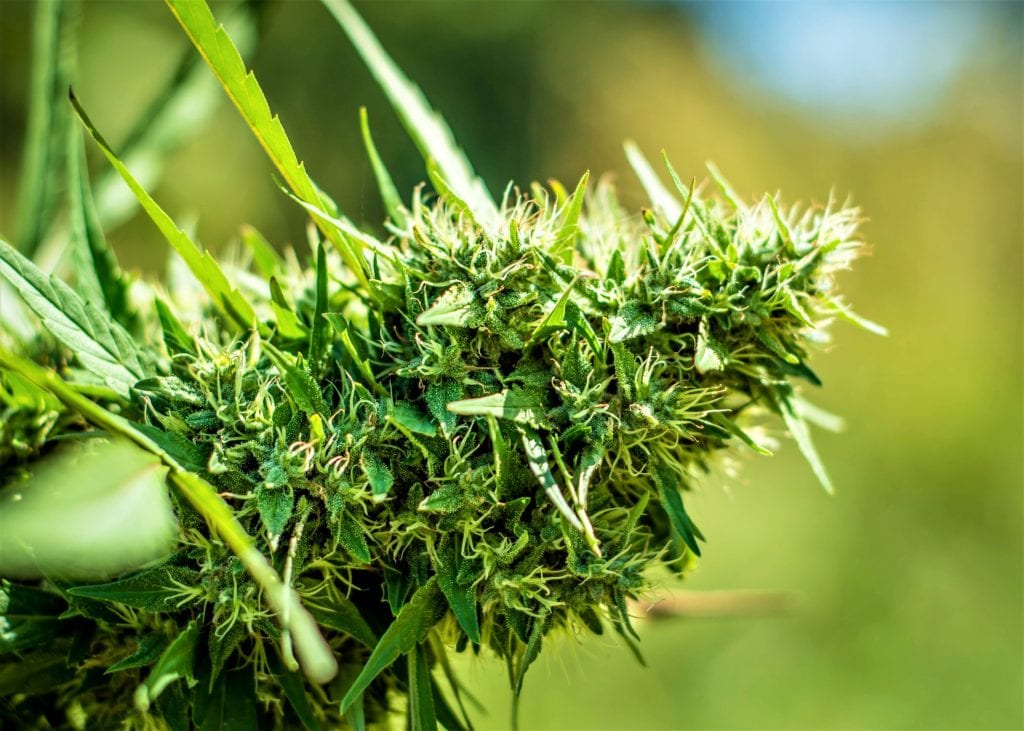
Online sales for cannabis, alcohol, and vapor and tobacco products are surging. All three markets have been flourishing amid the quarantines especially marijuana.
Post Covid-19, consumers are ordering online deliveries at a higher rate than ever before. Yet, both are still mired in the slow processing of IDs, according to a story on Valuewalk.com. According to VentureBeat, “Cann, an Oakland, California-based startup that sells low-dose cannabis drinks, told VentureBeat it has seen a 300% month-on-month sales increase in March, more than doubling the total units sold for January and February combined.”
One of the most critical aspects of ordering cannabis, alcohol, or tobacco products online, verifying IDs, is left to drivers scanning IDs upon arrival. Not only does such a model leave delivery services, like a local restaurant serving to-go margaritas during lockdowns, vulnerable to the legal liabilities of drivers not properly ID’ing customers, but the system is not compatible with the ongoing transition to more seamless e-commerce interfaces.Cannabis, alcohol, and tobacco products
Physical ID verification brings a litany of problems, such as the customer needing to be present for delivery. It creates more friction throughout the entire process. For the delivery services, like Postmates and Grubhub, verifying ID’s layers costs on top of a business model already running thin margins.
“As retail stores are forced to go online, everything from alcohol to vape and CBD businesses are seeing a huge surge in online sales,” details Matt Fields, Vice President of AgeChecker “Adults need to help mitigate the risk of selling to minors while remaining compliant with state and federal laws.”

